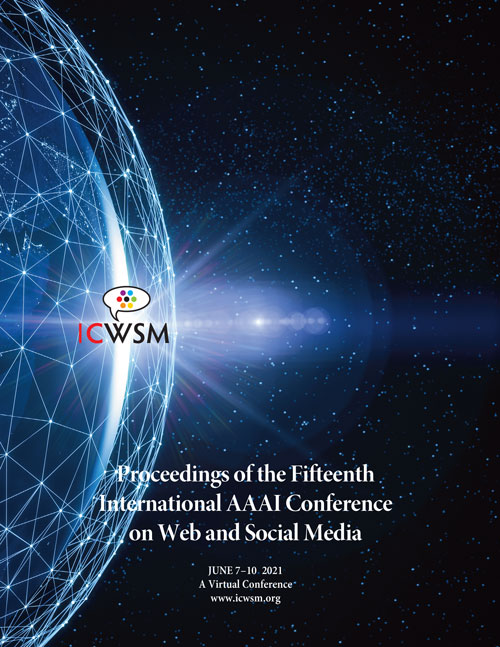Experience-Driven Peer Effects: Evidence from a Large Natural Experiment
DOI:
https://doi.org/10.1609/icwsm.v15i1.18044Keywords:
Social network analysis; communities identification; expertise and authority discovery, Social innovation and effecting change through social mediaAbstract
Social interactions between people are a central mechanism by which behavior spreads. Several field studies have shown how observing peer behavior affects ones own behavior in a wide range of domains including health, information diffusion, advertisement, and education. However, the role of observing peer experience or outcome---the reward for the observed peer behavior---has largely gone uninvestigated. Here we examine evidence from a large-scale online setting, game play records from League of Legends match-ups, where we are able to disentangle the effects of observing peer behavior from observing peer experience. We find that in addition to positive peer effects from observing behavior, the effect is accentuated by observed experience, with a large positive effect when observing a good outcome and a small (but still positive) effect when observing a bad outcome. We further find that this experience driven effect is moderated by skill, becoming more pronounced among highly skilled subjects. Our findings demonstrate the importance of the role of observed peer experience beyond peer behavior. We anticipate this result to be of use to both practitioners and theoreticians in the space of social influence. For example, online platforms may wish to broadcast the positive outcomes of peers, more than mere behaviors, when a user performs a behavior desirable to the platform. Furthermore, efforts aimed at maximizing the social spread of a product may benefit from modeling experience-driven peer effects as part of the spreading process.Downloads
Published
2021-05-22
How to Cite
Cai, W., & Ugander, J. (2021). Experience-Driven Peer Effects: Evidence from a Large Natural Experiment. Proceedings of the International AAAI Conference on Web and Social Media, 15(1), 95-104. https://doi.org/10.1609/icwsm.v15i1.18044
Issue
Section
Full Papers

